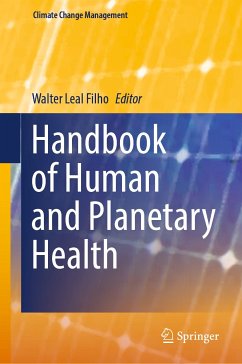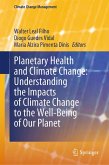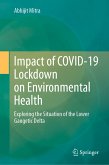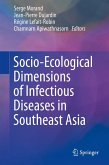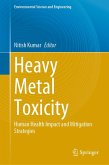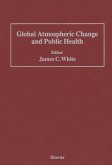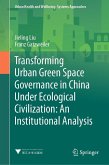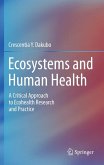The year 2015 was a special year in the field of human and planetary health. In that year, the report, produced by the Rockefeller Foundation and the journal The Lancet, called "Safeguarding human health in the Anthropocene epoch: report of The Rockefeller Foundation-Lancet Commission on planetary health" was launched. Also in 2015, the World Health Organization and the Secretariat of the Convention on Biological Diversity published the report "Connecting global priorities: biodiversity and human health: a state of knowledge review" with over 100 contributors, meant to guide future joint actions. Both documents comprehensively address the need for a better understanding of the connections between human health and ecosystems and the risks associated with damages to the integrity of the planet. The period in which humanity finds itself right now, the Anthropocene, is a risk one since mankind is putting the planet under considerable pressure. These elements have led to the emergence of a new field of research, namely planetary health. Planetary health seeks to address a very concrete and urgent contemporary problem, namely the need to understand, quantify, and act in order to reverse the effects of human population growth and the acceleration of socioeconomic activities on the environment and, inter alia, the disturbances in the Earth's natural ecosystems and how these, in turn, impact human health and well-being. Anthropic disturbances in natural ecosystems are characterized by changes in climate, land use, changes in the nitrogen and phosphorus cycle, chemical pollution of soil, water and air, reduction in the availability of drinking water, loss of biodiversity, destruction of the ozone layer, and ocean acidification, among others. In all these areas, there is a perceived need to document and promote examples of initiatives and good practice, which may change current trends. This book addresses this need. It documents experiences, case studies, and projects which explore the connections between human and planetary health and illustrates examples which show the consequences of ecosystemic disturbances to the health and well-being of humanity.
Thanks to its design and the contributions by experts from various areas, it provides a welcome contribution to the literature on planetary health, and it inspires further works in this field.
Dieser Download kann aus rechtlichen Gründen nur mit Rechnungsadresse in A, B, BG, CY, CZ, D, DK, EW, E, FIN, F, GR, HR, H, IRL, I, LT, L, LR, M, NL, PL, P, R, S, SLO, SK ausgeliefert werden.

